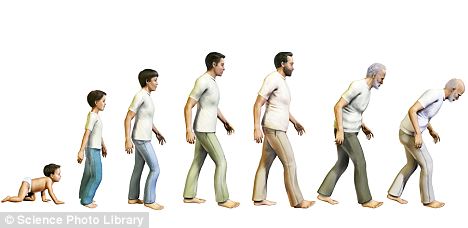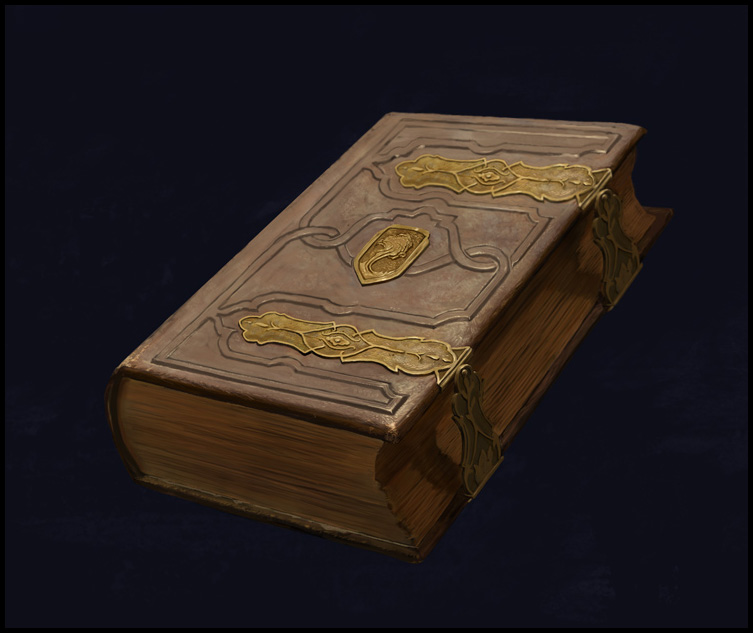 The British, Victorian prime minister, Benjamin Disraeli, considered himself to be a serious traveler. He said, “I have seen more than I remember and remember more than I have seen.” That statement is a most cogent one in terms of life itself being a kind of journey, and I think it applies very well to how writers see the world, the one in which they travel physically, and the ones which they create through their authorship of stories, essays, poems, and books.
The British, Victorian prime minister, Benjamin Disraeli, considered himself to be a serious traveler. He said, “I have seen more than I remember and remember more than I have seen.” That statement is a most cogent one in terms of life itself being a kind of journey, and I think it applies very well to how writers see the world, the one in which they travel physically, and the ones which they create through their authorship of stories, essays, poems, and books.
Life is a kind of time machine, but which travels in only one direction, at its own pace from birth to the grave, taking most of us through a series of visits to childhood, phases of other periods, like adolescence, marriage, careers, raising children, retirement, old age, and death. Along the way, we make mental notes of people, places, sounds, smells, tastes, and other sensations, happy and sad, that we store away in those caverns of memory that become not only the sources of what we think, feel, and write, but of who we are.
The writer perhaps remembers (at least consciously) more detail from his experiences, but beyond that, he arranges them in patterns that express genuine human emotions through fears, hopes, and dreams that we all somehow share as a species. Also, the details in the writer’s mind may be rearranged, accommodating needs of plot, emotional catharsis, and general design of the composition. Such recollection of detail comes from real life, but it is often put into new combinations and different orders, as in dreams. Writers also tend to create details, though they are not the only people to do this. Children are quite good at it too.
Everyone has a story to tell, and if we all had the chance to tell our stories (from the highest Nobel laureate to the vilest criminal), the world would probably be a much more peaceful place, because it would be based upon mutual understanding. In that sense, we are all writers, each with a tome of experience internalized over however many years he or she has lived, even though that tome may never become an actual printed book. Sometimes, walking down a street, riding in a plane, train, or buying groceries, I will look at another person briefly, wondering what his or her story might be, and I have the deep feeling that there would be no story that could be uninteresting if I could know all its connections and details. Each of us is a combination of all the experiences he has ever had, every sensation, every encounter, every recollection, every heartache, and every joy. Imagine how different the world would be if everyone could share his complete story with everyone else. Perhaps that may be at least a part of what heaven is. JB




Yes, I liked your last statement and thought: Sharing our stories may be what heaven is like. We are all reduced to the same basic needs and wants and we all have a story to tell. I wish and hope younger people would understand this sooner rather than later. We are all here for a reason, our own special calling. I just ran across this quote which I loved: “The place God calls you to be is the place where your deep gladness and the world’s greatest hunger meet.” It’s from a book called Wishful Thinking by Frederick Buechner.